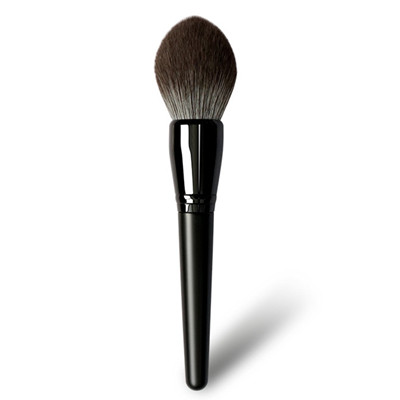We know the interest of Gen Z for “dupes”, these products whose characteristics (colour, smell, texture) are similar to those of another more expensive brand. This generation, with a limited budget, has taken taken advantage of social networks, in particular TikTok, to share the best tips in this field. Now, a platform tries to tap into this trend and to facilitate such researches thanks to an algorithm specially designed to compare cosmetic products based on their ingredients. However, there are many limitations ...
The algorithm developed by the Skinskool platform allows to find copies — or dupes — of skincare products considered as too expensive by some consumers. A score shows how well the original product matches the cheaper one. And in this little game — which can last for hours — one might soon notice that certain skincare products selling for nearly EUR 150 are 100% similar to products selling for less than EUR 20, as far as the list of ingredients is concerned.
Similar ingredients
"Dupe Finder" is the name of the algorithm developed for the Skinskool platform, with the help of a biochemist and a software engineer. It is not based on a keyword search but on the ingredients contained in the formula of each product. The "Dupe Finder" groups all similar ingredients and prioritizes them "based on relevance and functionality." All of this is done automatically, making it easier to include all the new skincare products that regularly come to the market.
Hardly convincing results
With this technology, any internet user can simply search for a specific skincare product to see a list of similar — or almost similar — products, rated with a match score. The platform claims to be able to identify "comparable dupes for over 90% of skincare products on the market."
The ETX Studio team tested the algorithm with La Prairie’s "Skin Caviar Crystalline Concentrate" firming serum, priced at EUR 440 per 30 ml on the brand’s official website. The result was hardly convincing, since the product that came closest to this choice only ’matches’ by 51% and is priced at a minimum of USD 165.
All the products that ETX Studio looked for had matches below 75%. However, by making the test with a product put forward by a TikToker fond of this new platform: the antioxidant serum "C E Ferulic" by SkinCeuticals, selling for more than EUR 155 in its original version, the ETX Studio team found more impressive match scores: 100% for one product, and 99% for seven other products, and with a price under EUR 10 for some of them.
Limitations to consider
However, are consumers interested in such a platform really aware of the limits of making a comparison of ingredients in a formula?
Of course, the platform can detect products based on catalogue formulas and which differ only in marketing. Or, the cases where a multinational sells the same formula under different brands and at different prices. These cases exist, but are not very numerous.
But what do 60% or 70% match scores mean? Indeed, it’s hard to know if the missing ingredients are or aren’t the ones that (ultimately) make all the difference: active ingredients for instance.
Moreover, for SkinCeuticals’ "C E Ferulic" serum, for example, a comparison of the full list of ingredients shows that the original product and its dupe are very similar in the substances they contain. But what about the concentrations? This information is not disclosed by manufacturers and therefore not available to those who designed the algorithm. Hence, SkinCeuticals’ "C E Ferulic" serum claims to contain "15% pure vitamin C (L-ascorbic acid), 1% vitamin E (alpha-tocopherol) and 0.5% ferulic acid." All these ingredients can also be found in the closest dupe, but without any information on their concentrations. It’s a detail that isn’t insignificant!
To date, the ingredients of more than 32,000 skincare and haircare products have been scanned by Skinskool. It remains to be seen whether consumers will be convinced.







